Testosterone therapy can help men regain energy, improve mood, and boost overall health. As men age, testosterone levels naturally decline. This drop can lead to feelings of fatigue, low libido, and even depression. Thankfully, testosterone therapy offers a path to feeling better and more active.
Key Takeaways
- Testosterone therapy can improve energy levels and mood.
- It helps men who feel tired or less motivated.
- Therapy should always be discussed with a healthcare provider.
- A personalized approach ensures the best results.
- Regular check-ups monitor health during treatment.
For more information on hormone replacement therapies, you can explore our dedicated page on hormone therapy.
What is testosterone therapy?
Testosterone therapy is a medical treatment aimed at increasing testosterone levels in men. When levels drop, many men experience various symptoms. These symptoms can include tiredness, low sex drive, and mood swings. The therapy involves different methods to raise testosterone levels safely.
Why do testosterone levels drop?
As men age, their testosterone levels decrease. This drop usually starts around age 30. Factors like stress, poor diet, and lack of exercise can worsen the decline. Some health issues, like obesity and diabetes, may also contribute to lower testosterone levels.
Common symptoms of low testosterone
Men with low testosterone may notice several changes in their bodies and minds. Common symptoms include:
- Decreased energy
- Low libido
- Difficulty concentrating
- Mood changes, like irritability or sadness
- Reduced muscle mass
If you notice any of these signs, it may be time to talk to a doctor about testosterone therapy.
The benefits of testosterone therapy
Many men find relief from their symptoms through testosterone therapy. Here are some of the key benefits:
Increased energy
One of the most significant benefits of testosterone therapy is increased energy. Many men report feeling more energized and active after starting treatment. This can lead to better performance at work and a more active lifestyle.
Improved mood
Testosterone plays a crucial role in mood regulation. Low levels can lead to feelings of sadness and irritability. Testosterone therapy can help lift mood and improve overall mental well-being.
Enhanced libido
Low testosterone often leads to a reduced interest in sex. Therapy can help restore libido and improve sexual performance. Many men find that their desire for intimacy increases after treatment.
Better muscle mass
Testosterone helps build and maintain muscle mass. Men undergoing therapy may notice an increase in muscle strength and tone. This can improve their overall fitness level and make workouts more effective.
Reduced body fat
Some studies show that testosterone therapy can help reduce body fat. This is especially helpful for men struggling with weight. A healthier body composition can lead to better self-esteem and confidence.
| Benefits of Testosterone Therapy | Before Therapy | After Therapy |
| Energy Levels | Low | High |
| Mood | Irritable | Improved |
| Muscle Mass | Reduced | Increased |
| Libido | Low | Increased |
How is testosterone therapy administered?
There are several ways to receive testosterone therapy. The best method depends on the individual’s needs and preferences.
Injections
Testosterone injections are one of the most common methods. They usually happen every few weeks at a medical facility or home. Injections can provide quick results but may require a regular schedule.
Patches
Testosterone patches are another option. They are applied to the skin daily. Patches release a steady amount of testosterone over time, making them easy to use.
Gels
Gels are applied directly to the skin. They allow testosterone to absorb into the bloodstream. This method is convenient and can be done at home.
Pellets
Some men may choose testosterone pellets. These small pellets are implanted under the skin. They release testosterone over several months, providing a long-lasting option.
Is testosterone therapy safe?
Like any medical treatment, testosterone therapy comes with risks. It’s essential to discuss these with a healthcare provider before starting. Some potential risks include:
Heart health concerns
Some studies raise questions about testosterone therapy’s effects on heart health. Men with existing heart conditions should be cautious and consult their doctors.
Sleep apnea
Testosterone therapy can worsen sleep apnea, a condition that interrupts breathing during sleep. If you have this condition, talk to your doctor about the best options.
Skin reactions
Some individuals may experience skin reactions at the injection site or from topical treatments. If you notice any irritation, contact your healthcare provider.
Hormonal imbalance
In rare cases, testosterone therapy can lead to hormonal imbalances. Regular check-ups will help monitor hormone levels to avoid problems.
Who should consider testosterone therapy?
Testosterone therapy is not for everyone. Here are some groups who might benefit:
Men with low testosterone levels
If blood tests show low testosterone, therapy can help. Symptoms like fatigue and low libido often improve with treatment.
Older men experiencing symptoms
Many older men find that testosterone therapy helps relieve symptoms related to aging. This can lead to a better quality of life.
Men with specific health issues
Men with conditions like obesity or diabetes may also benefit. By improving testosterone levels, they may experience better overall health.
- Men under stress: Stress can worsen testosterone levels; therapy may help.
- Men with chronic fatigue: If fatigue is persistent, testing for testosterone levels might be beneficial.
- Men experiencing mood fluctuations: Therapy could stabilize mood swings linked to low testosterone.
How to get started with testosterone therapy
If you are considering testosterone therapy, follow these steps:
Schedule a consultation
The first step is to schedule a visit with a healthcare provider. They will evaluate your symptoms and discuss your health history.
Get tested
Your doctor will likely order blood tests to check your testosterone levels. This is crucial for determining if therapy is right for you.
Discuss treatment options
If low testosterone is confirmed, your doctor will discuss available treatment options. They will help you decide which method fits your lifestyle best.
Create a plan
Once you choose a therapy method, your doctor will create a personalized treatment plan. This plan will outline when and how often you will receive treatment.
Monitor progress
Regular check-ups are essential to monitor progress and adjust treatment if necessary. This ensures that you are getting the best possible care.
For those looking for advanced options in testosterone management, you may want to view our page on hormone replacement therapy to learn more about comprehensive care approaches.
Lifestyle changes to support testosterone therapy
While testosterone therapy can provide significant benefits, lifestyle changes can enhance its effects. Here are some tips to consider:
Exercise regularly
Physical activity can help boost testosterone levels naturally. Aim for both strength training and cardiovascular exercises. This combination can improve overall health and fitness.
Eat a healthy diet
A balanced diet plays a vital role in hormone production. Focus on whole foods, like fruits, vegetables, lean proteins, and healthy fats. Avoid processed foods and sugary drinks.
Get enough sleep
Sleep is crucial for hormone balance. Aim for 7-9 hours of quality sleep each night. Establishing a regular sleep schedule can improve rest.
Manage stress
High-stress levels can negatively impact testosterone. Consider stress-reduction techniques like meditation, yoga, or deep breathing exercises. Taking time to relax is essential for overall health.
| Lifestyle Changes | Impact on Testosterone | Recommendation |
| Regular Exercise | Increases levels | 3-5 times a week |
| Balanced Diet | Supports hormone production | Focus on whole foods |
| Quality Sleep | Enhances recovery | 7-9 hours nightly |
| Stress Management | Stabilizes hormone levels | Practice daily |
Common misconceptions about testosterone therapy
Many myths surround testosterone therapy. Let’s clarify some common misconceptions:
It’s only for older men
While testosterone therapy is often associated with older men, younger men can also benefit. Low levels can occur at any age, especially with certain health conditions.
It leads to aggressive behavior
Some people think testosterone therapy causes aggression. However, when done correctly, it can improve mood and well-being without increasing aggression.
It’s a quick fix for all issues
Testosterone therapy is not a cure-all. It can help with specific symptoms but should be part of a broader health plan that includes lifestyle changes.
It’s dangerous for all men
While there are risks, many men take testosterone therapy safely under medical supervision. It’s essential to work closely with a healthcare provider to ensure safe treatment.
Conclusion
Testosterone therapy can significantly improve the quality of life for many men. Whether you’re feeling tired, less motivated, or struggling with mood, this therapy might be a good option. Always consult with a healthcare provider to find the best approach for your needs. With the right plan, you can unlock a happier, healthier you.
MedSmart Wellness Center in Aventura, FL, can help you explore testosterone therapy. Our team is here to guide you on your journey to better health. Contact us today for a consultation and take the first step toward a more energizing life.




No comment yet, add your voice below!